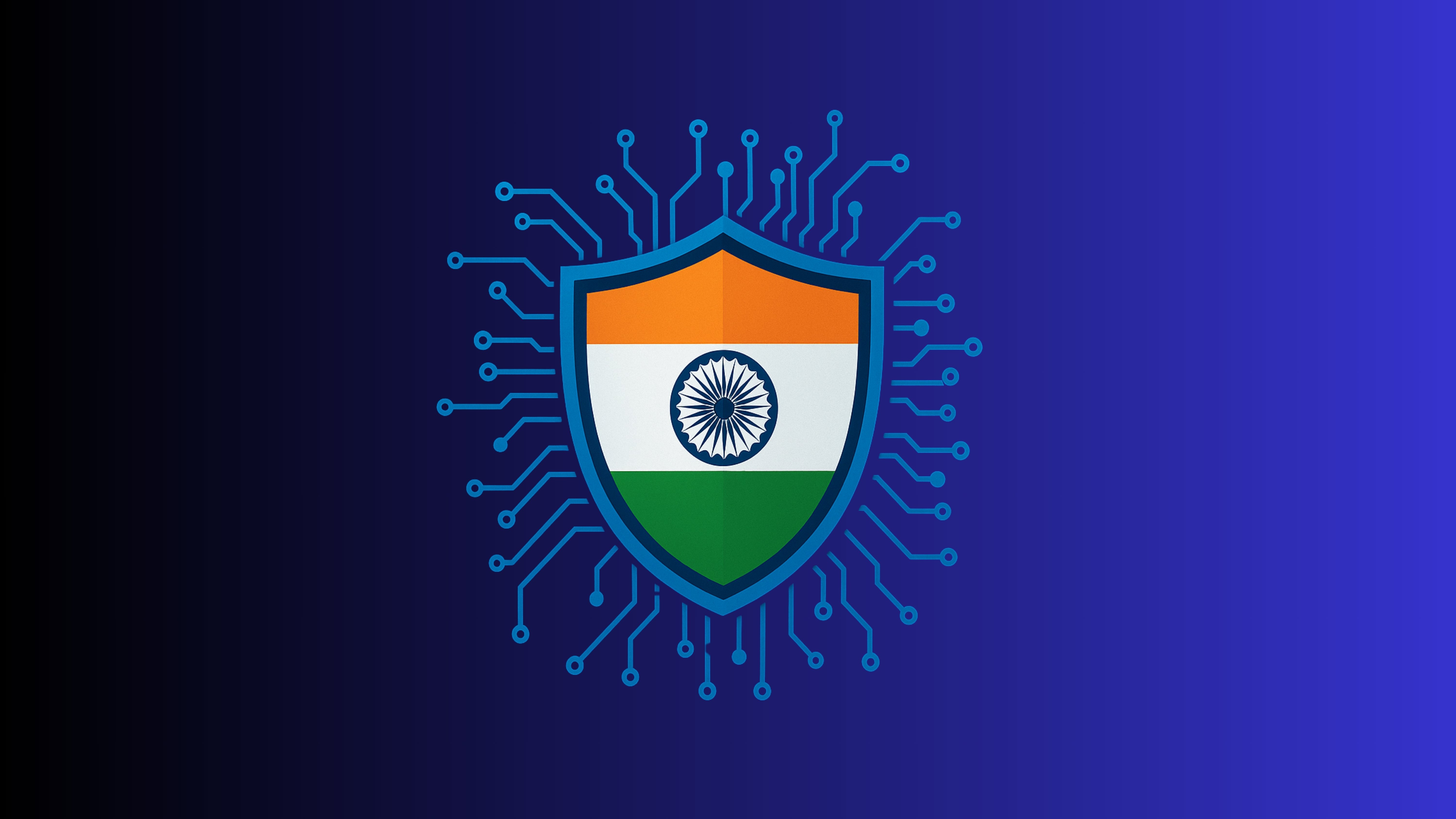Introduction and background information
The Commission claims that the Omnibus Package aims to simplify certain European Union legislation to strengthen the Union’s long-term competitiveness. A total of six omnibus packages have been announced in total.
The latest (no. 4) targets small mid-caps and digitalisation. Package no. 4 covers data legislation, cookies and tracking technologies (i.e. the General Data Protection Regulation (GDPR) and ePrivacy Directive (ePD)), as well as cybersecurity incident reporting and adjustments to the Artificial Intelligence Act (AIA).
That ‘simplification’ is part of a broader agenda to appease business, industry and governments who argue that the EU has too much red tape. In her September 2025 speech to German economic and business associations, Ursula von der Leyen sided with industry and stated that simplification is ‘the only way to remain competitive’.
As for why these particular laws were selected, the rationale is unclear. One stated motivation for including the GDPR is its mention in Mario Draghi’s 2024 report on ‘The Future of European Competitiveness’.
Draghi, the former President of the European Central Bank, focused on innovation in advanced technologies, decarbonisation and competitiveness, as well as security. Yet, the report does not outline any concrete way in which the GDPR allegedly reduces competitiveness or requires revision.
The GDPR appears only twice in the report. First, as a brief reference to regulatory fragmentation affecting the reuse of sensitive health data across Member States (MS).
Second, in the concluding remarks, it is claimed that ‘the GDPR in particular has been implemented with a large degree of fragmentation which undermines the EU’s digital goals’. There is, however, no explanation of this ‘large fragmentation’, no supporting evidence, and no dedicated section on the GDPR as its first mention being buried in the R&I (research and innovation) context.
It is therefore unclear what legal or analytical basis the Commission relies on to justify including the GDPR in this simplification exercise.
The current debate
There are two main sides to this Omnibus, which are the privacy forward and the competitive/SME side. The two need not be mutually exclusive, but civil society warns that ‘simplification’ risks eroding privacy protection. Privacy advocates across civil society expressed strong concern and opposition to simplification in their responses to the European Commission’s recent call for evidence.
Industry positions vary in tone and ambition. For example, CrowdStrike calls for greater legal certainty under the Cybersecurity Act, such as making recital 55 binding rather than merely guiding and introducing a one-stop-shop mechanism for incident reporting.
Meta, by contrast, urges the Commission to go beyond ‘easing administrative burdens’, calling for a pause in AI Act enforcement and a sweeping reform of the EU data protection law. On the civil society side, Access Now argues that fundamental rights protections are at stake.
It warns that any reduction in consent prompts could allow tracking technologies to operate without users ever being given a real opportunity to refuse. A more balanced, yet cautious line can be found in the EDPB and EDPS joint opinion regarding easing records of processing activities for SMEs.
Similar to the industry, they support reducing administrative burdens, but with the caveat that amendments should not compromise the protection of fundamental rights, echoing key concerns of civil society.
Regarding Member State support, Estonia, France, Austria and Slovenia are firmly against any reopening of the GDPR. By contrast, the Czech Republic, Finland and Poland propose targeted amendments while Germany proposes a more systematic reopening of the GDPR.
Individual Members of the European Parliament have also come out in favour of reopening, notably Aura Salla, a Finnish centre-right MEP who previously headed Meta’s Brussels lobbying office.
Therefore, given the varied opinions, it cannot be said what the final version of the Omnibus would look like. Yet, a leaked draft document of the GDPR’s potential modifications suggests otherwise. Upon examination, it cannot be disputed that the views from less privacy-friendly entities have served as a strong guiding path.
Leaked draft document main changes
The leaked draft introduces several core changes.
Those changes include a new definition of personal and sensitive data, the use of legitimate interest (LI) for AI processing, an intertwining of the ePrivacy Directive (ePD) and GDPR, data breach reforms, a centralised data protection impact assessment (DPIA) whitelist/blacklist, and access rights being conditional on motive for use.
A new definition of personal data
The draft redefines personal data so that ‘information is not personal data for everyone merely because another entity can identify that natural person’. That directly contradicts established EU case law, which holds that if an entity can, with reasonable means, identify a natural person, then the information is personal data, regardless of who else can identify that person.
A new definition of sensitive data
Under current rules, inferred information can be sensitive personal data. If a political opinion is inferred from browsing history, that inference is protected.
The draft would narrow this by limiting sensitive data to information that ‘directly reveals’ special categories (political views, health, religion, sexual orientation, race/ethnicity, trade union membership). That would remove protection from data derived through profiling and inference.
Detected patterns, such as visits to a health clinic or political website, would no longer be treated as sensitive, and only explicit statements similar to ‘I support the EPP’ or ‘I am Muslim’ would remain covered.
Intertwining article 5(3) ePD and the GDPR
Article 5(3) ePD is effectively copied into the GDPR as a new Article 88a. Article 88a would allow the processing of personal data ‘on or from’ terminal equipment where necessary for transmission, service provision, creating aggregated information (e.g. statistics), or for security purposes, alongside the existing legal bases in Articles 6(1) and 9(2) of the GDPR.
That generates confusion about how these legal bases interact, especially when combined with AI processing under LI. Would this mean that personal data ‘on or from’ a terminal equipment may be allowed if it is done by AI?
The scope is widened. The original ePD covered ‘storing of information, or gaining access to information already stored, in the terminal equipment’. The draft instead regulates any processing of personal data ‘on or from’ terminal equipment. That significantly expands the ePD’s reach and would force controllers to reassess and potentially adapt a broad range of existing operations.
LI for AI personal data processing
A new Article 88c GDPR, ‘Processing in the context of the development and operation of AI’, would allow controllers to rely on LI to process personal data for AI processing. That move would largely sideline data subject control. Businesses could train AI systems on individuals’ images, voices or creations without obtaining consent.
A centralised data breach portal, deadline extension and change in threshold reporting
The draft introduces three main changes to data breach reporting.
- Extending the notification deadline from 72 to 96 hours, giving privacy teams more time to investigate and report.
- A single EU-level reporting portal, simplifying reporting for organisations active in multiple MS.
- Raising the notification threshold when the rights and freedoms of data subjects are at ‘risk’ to ‘high risk’.
The first two changes are industry-friendly measures designed to streamline operations. The third is more contentious. While industry welcomes fewer reporting obligations, civil society warns that a ‘high-risk’ threshold could leave many incidents unreported. Taken together, these reforms simplify obligations, albeit at the potential cost of reducing transparency.
Centralised processing activity (PA) list requiring a DPIA
This is another welcome change as it would clarify which PAs would automatically require a DPIA and which would not. The list would be updated every 3 years.
What should be noted here is that some controllers may not see their PA on this list and assume or argue that a DPIA is not required. Therefore, the language on this should make it clear that it is not a closed list.
Access requests denials
Currently, a data subject may request a copy of their data regardless of the motive. Under the draft, if a data subject exploits the right of access by using that material against the controller, the controller may charge or refuse the request.
That is problematic for the protection of rights as it impacts informational self-determination and weakens an important enforcement tool for individuals.
For more information, an in depth analysis by noyb has been carried out which can be accessed here.
The Commission’s updated version
As of the 19th of November, the Commission has published its digital omnibus proposal. Most of the amendments in the leaked draft have remained. One of the measures dropped is the definition of sensitive data. This means that inferences could amount to sensitive data.
However, the final document keeps three key changes that erode fundamental rights protections:
- Changing the definition of personal data to be a subjective and narrow one;
- An intertwining of the ePD and the GDPR which also allows for processing based on aggregated and security purposes;
- LI being relied upon as a legal basis for AI processing of personal data.
Still, positive changes remain:
- A single-entry point for EU data breaches. This is a welcomed measure which streamlines reporting and appease some compliance obligations for EU businesses.
- Another welcomed measure is the white/black-list of processing activities which would or would not require a DPIA. The same note remains with what the language of this text will look like.
Overall, these two measures are examples of simplification measures with concrete benefits.
Now, the European Parliament has the task to dissect this proposal and debate on what to keep and what to reject. Some experts have suggested that this may take minimum 1 year to accomplish given how many changes there are, but this is not certain.
We can also expect a revised version of the Commission’s proposal to be published due to the errors in language, numbering and article referencing that have been observed. This does not mean any content changes.
Final remarks
Simplification in itself is a good idea, and businesses need to have enough freedom to operate without being suffocated with red tape. However, changing a cornerstone of data protection law to such an extent that it threatens fundamental rights protections is just cause for concern.
Alarms have already been raised after the previous Omnibus package on green due diligence obligations was scrapped. We may now be witnessing a similar rollback, this time targeting digital rights.
As a result, all eyes are on 19 November, a date that could reshape not only the EU privacy standards but also global data protection norms.
Would you like to learn more about AI, tech, and digital diplomacy? If so, ask our Diplo chatbot!









